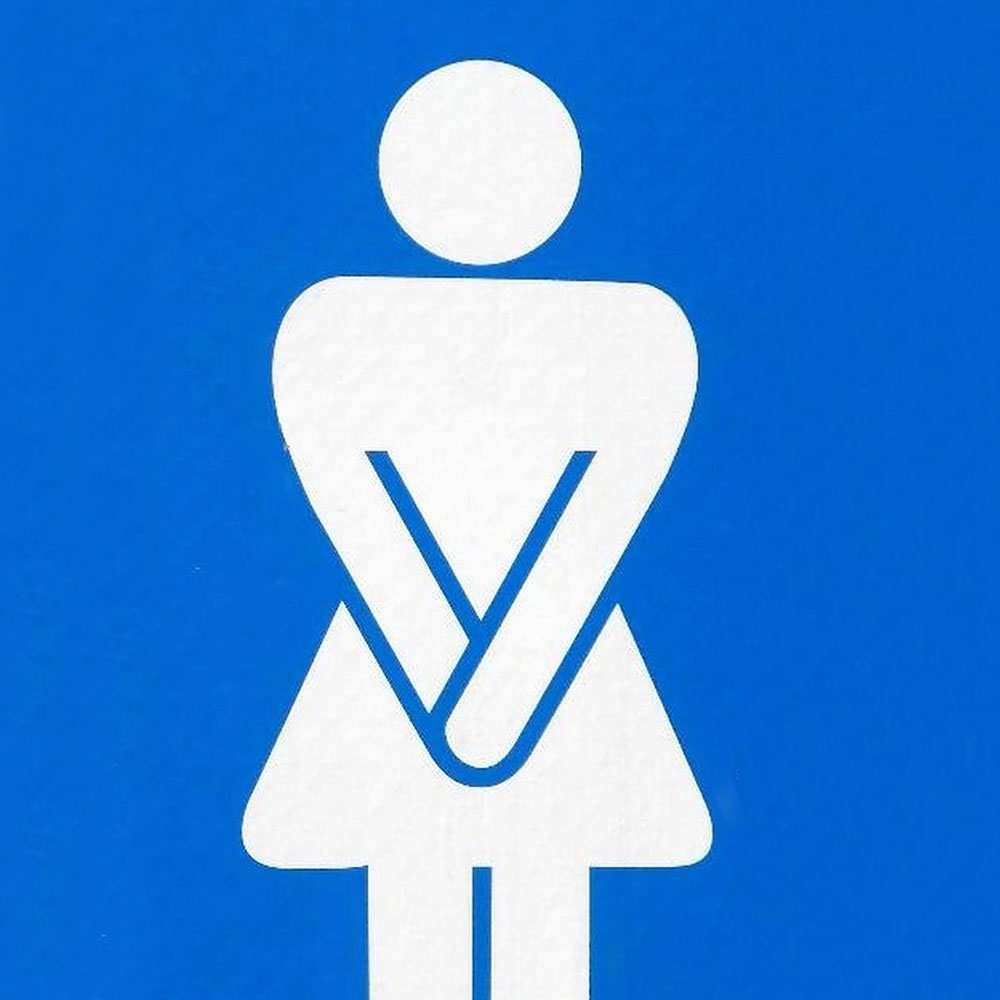When to Call a Pelvic Floor Therapist
BY SONIA REITER, OCCUPATIONAL THERAPIST AT THE FUNCTIONAL PELVIS

“I pee every time I sneeze… is that normal?”
“Every since I had a baby, sex is so painful…does everyone experience that?”
“Every since I gave birth, I feel so much pressure down there… is that ok?”
“My baby is 6 months old; I’ve almost lost all the “baby” weight but I still look pregnant and my lower back is super sore… is that normal?”
“I am so constipated… should I be worried?”
Do any of these questions sound familiar? Do you have your own burning questions that have you wondering if something’s not right? If so, you would benefit from working with a pelvic floor therapist. While problems with the pelvic floor are common, especially pre and postpartum, they deserve to be taken seriously and treated. If any other set of muscles in your body were injured or not functioning well your doctor would recommend occupational or physical therapy. The pelvic floor should be no different. In France, the country's government-sponsored health insurance pays 100 percent of the cost for 20 sessions following childbirth including 10 sessions of perineal reeducation and 10 sessions of abdominal reeducation.
Pelvic floor therapy is indicated when there is pain or a loss of function involving the vital daily activities of the pelvis. To be blunt, these activities include peeing, pooping, farting and sex. All the things we don’t discuss in public but are so incredibly important to our quality of life.
The pelvic floor is a hammock-like structure made up of 14-16 muscles that stretch across the bottom of the pelvis. These muscles do some pretty important jobs including holding in our pee, poop, and farts when we don’t want them to come out but also relaxing to let them out when it’s time. They are also big players in helping us to enjoy sex, including penetration and orgasms. They play a really important role in supporting the pelvic organs including the bladder, uterus, and rectum, as well as supporting the whole body including the spinal column and head. So in essence, these muscles are super important and YET most of us know very little about this part of our musculoskeletal system, much less how to rehabilitate it when it isn’t working as it should.

Pelvic floor therapists are trained to help you regain function by assessing what is contributing to your symptoms and creating a plan of care tailored to you with your specific goals in mind. Often we use breath work, strengthening, stretching and muscular release techniques. Some exercises will focus on the pelvic floor muscles and core muscles while others will integrate the whole body. We also spend some time helping clients to improve body mechanics in everyday tasks that they do at home or at work. A great pelvic floor therapist will provide education throughout the session -- the more you understand about your body, the more healing can occur. After all, pelvic health is important not just during the pre and postnatal periods, but for your health and well-being throughout your lifespan. It is never too late to see a pelvic floor therapist. It just might change everything!
Sonia Reiter is an occupational therapist and yoga teacher specializing in pelvic floor and core rehabilitation. She sees clients in Manhattan and Brooklyn, New York in the comfort of their home. Currently, she can be booked for house calls through The Functional Pelvis.